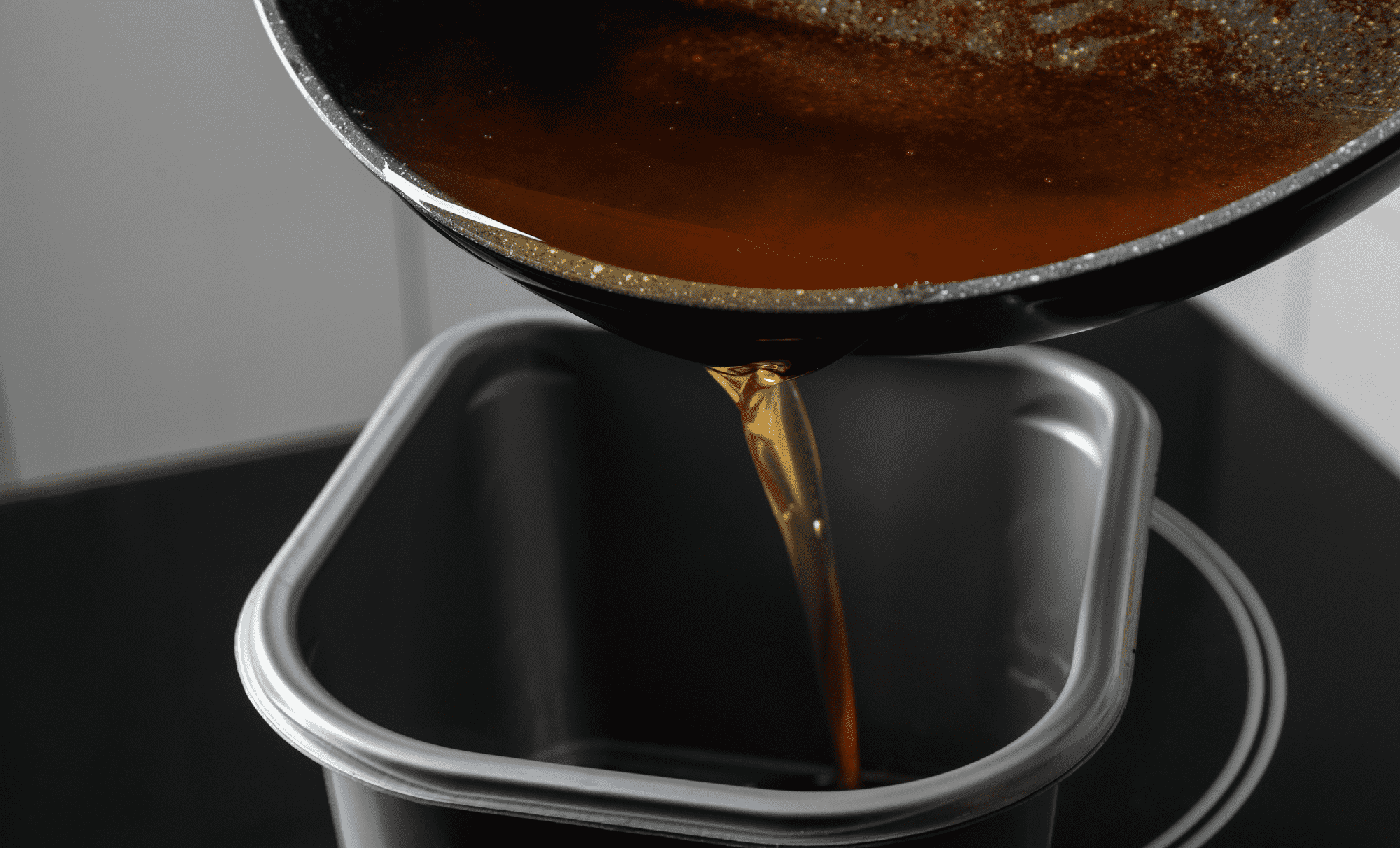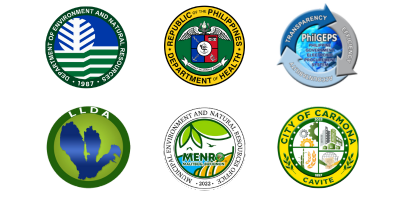In the bustling kitchens of restaurants, fast-food chains, and hotels across the country, thousands of liters of cooking oil are used daily. But what happens to this oil once it’s no longer suitable for cooking? Let’s explore the journey of used cooking oil and how proper management can turn this potential pollutant into a valuable resource.
The Problem with Used Cooking Oil
When improperly disposed of, used cooking oil can cause significant environmental issues:
- Water Pollution: Oil poured down drains can clog sewage systems and contaminate water sources.
- Soil Contamination: Oil dumped on the ground can seep into soil, affecting plant growth and wildlife.
- Air Pollution: Burning used oil releases harmful chemicals into the air.
The Collection Process
Professional hazardous waste transporters play a crucial role in the proper management of used cooking oil:
- Scheduled Collection: Regular pick-ups are arranged with restaurants and other establishments.
- Safe Storage: Oil is stored in specialized containers to prevent spills during transport.
- Proper Documentation: Each collection is carefully documented for tracking and regulatory compliance.
The Transformation: From Waste to Resource
Once collected, used cooking oil can be transformed into various useful products in other countries:
- Biodiesel Production: Used cooking oil is a primary ingredient in biodiesel, a renewable fuel that can power vehicles and machinery.
- Industrial Lubricants: Refined used oil can serve as a base for various industrial lubricants.
- Animal Feed Additives: After proper treatment, some used oil can be incorporated into animal feed.
- Soap Making: Some types of used oil can be utilized in the production of soaps and detergents.
Environmental Benefits
Proper management and recycling of used cooking oil offer numerous environmental advantages:
- Reduced Carbon Footprint: Biodiesel produced from used oil has lower carbon emissions compared to fossil fuels.
- Conservation of Resources: Recycling oil reduces the need for virgin oil production.
- Cleaner Water Systems: Proper disposal prevents oil from contaminating water sources.
Economic Opportunities
The used cooking oil recycling industry creates economic opportunities in other countries:
- Job Creation: From collection to processing, the industry provides employment across various sectors.
- Revenue for Businesses: Restaurants can potentially earn from their used oil instead of paying for disposal.
- Reduced Importation: Locally produced biodiesel can decrease reliance on imported fuels.
Conclusion
The journey of used cooking oil from kitchen waste to valuable resource showcases the potential of proper waste management. By partnering with certified hazardous waste transporters, businesses in the Philippines can contribute to environmental protection, resource conservation, and economic growth. Remember, every drop of properly managed used oil is a step towards a more sustainable future for our country.




